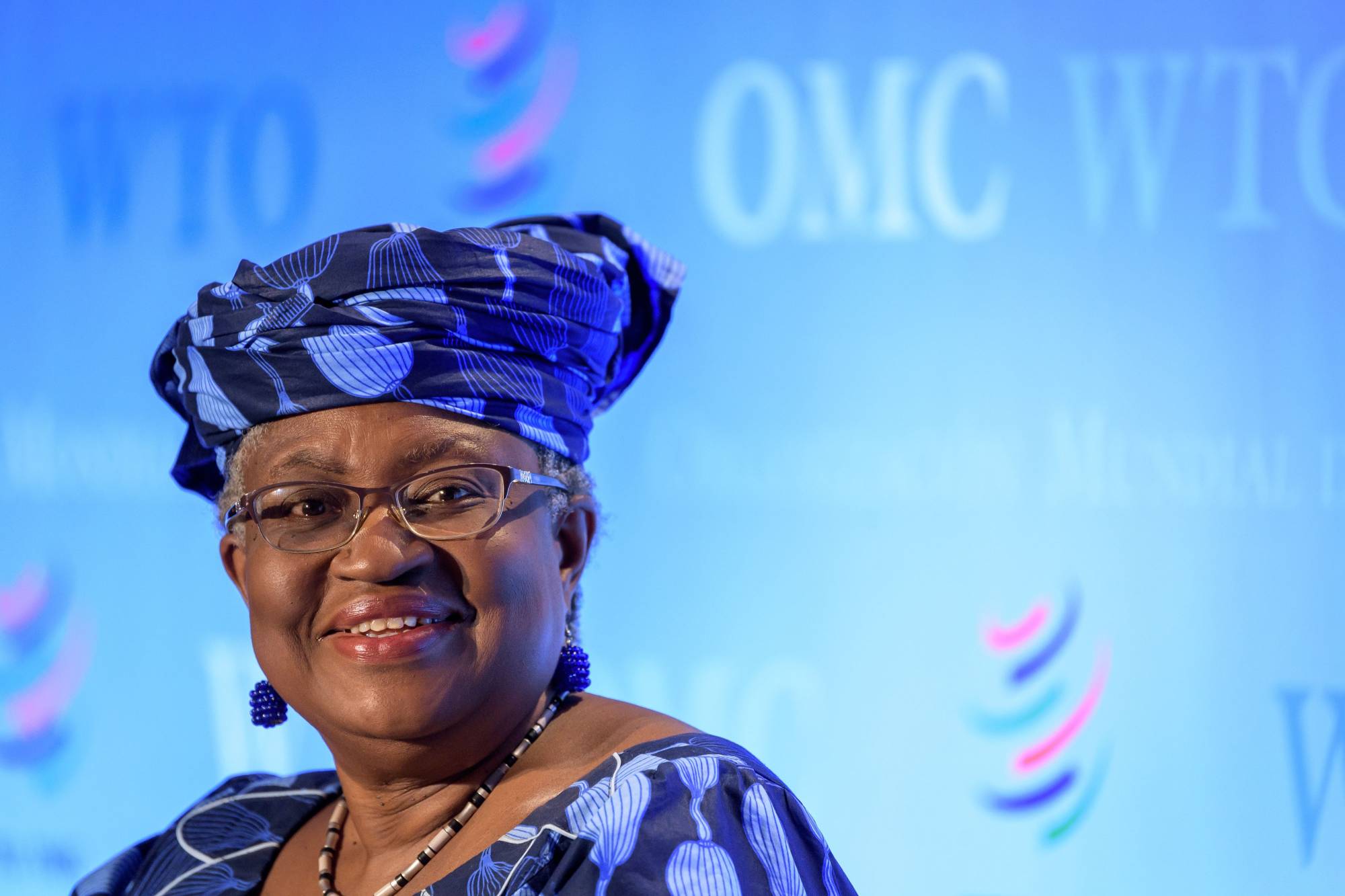On Monday, the World Trade Organization (WTO) got a new lease on life. Its 164 members elected former Nigerian Finance Minister Ngozi Okonjo-Iweala as director-general, filling a slot that had been vacant for half a year. Okonjo-Iweala has her work cut out for her: The WTO has struggled with drift and flirted with irrelevance, both of which were compounded by the open hostility of the Trump administration.
Trump’s departure from the White House allowed a new leader to take office in Geneva, but that is only a first step. Structural change is needed if the WTO is to work as intended — and that requires its members to get serious about reform, not only of the organization but of their own trade policies.
A world trade body was supposed to have been set up with other international economic organizations after World War II but it never happened. A broad framework, the General Agreement on Tariff and Trade (GATT), instead set rules for engagement. In 1994, consensus was reached on the need for a trade organization and the WTO commenced operations the next year. It had successes, in particular its dispute resolution mechanism which adjudicated trade fights between members.


















With your current subscription plan you can comment on stories. However, before writing your first comment, please create a display name in the Profile section of your subscriber account page.